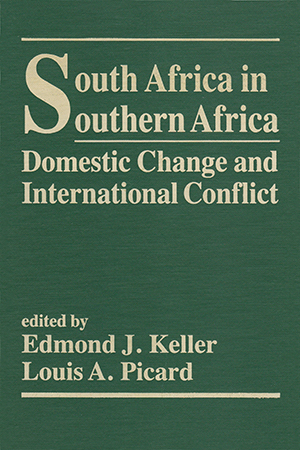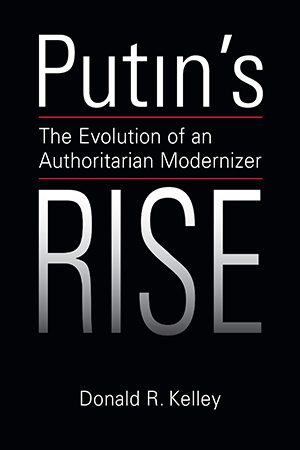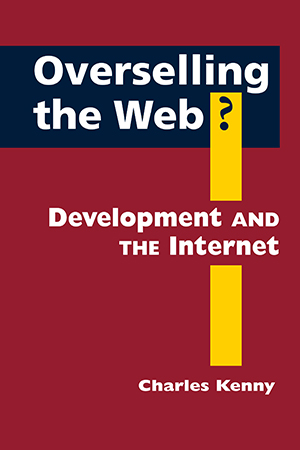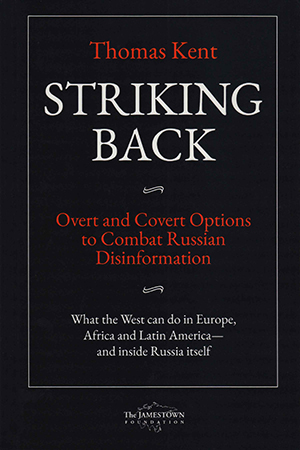BOOKS
Managing ethnic nationalism within the People's Republic of China has become increasingly challenging. As new reforms widen economic disparities between minorities and the Han majority, More >
Understanding Contemporary Asia Pacific provides a comprehensive introduction to one of the most complex and rapidly changing regions in the world today. This thoroughly revised new More >
Power and Succession in Arab Monarchies provides an essential compendium of information regarding the politically charged issue of succession in Bahrain, Jordan, Kuwait, Morocco, Oman, More >
How is it that billions of dollars flow through the developing world without altering its reality of poverty and scarcity? Jenny Kehl explores the crucial relationship between foreign direct More >
Whether in the arsenals of states or of terrorist groups, chemical and biological weapons (CBW) are increasingly seen as one of the major threats to global security. Alexander Kelle provides More >
South Africa in Southern Africa critically examines the dynamics of political change and conflict in South Africa in both the domestic and international arenas. The assumption that guides More >
Understanding any political leader is a challenging task, and this is perhaps especially true when it comes to Vladimir Putin. Donald Kelley meets the challenge as he traces the Russian More >
Opinion leaders in government and business routinely tout the Internet's power as a force for economic and social development, and programs designed to bridge the digital divide are More >
Vladimir Putin's efforts to build influence abroad have succeeded in many places, but the Kremlin has also faced serious hurdles and even defeats. Thomas Kent delves into six cases where More >
Energizing the debate on how best to expose and deal with Russian propaganda and disinformation, Thomas Kent goes beyond suggesting simple defensive measures. Kent not only calls for more More >

















